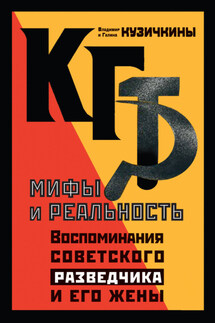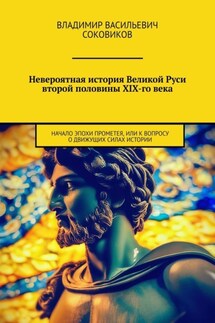The Cult in my Grandmother's House - страница 4
What was the point of that? Why would they do that?
When you compare your own experience of being a parent with that of your own parents, you start to wonder:
Would I have acted like that with my own child? What about with someone else’s?
You come to see more and more that there is no difference between your own child and others, especially when you grew up with other children yourself, without your family —although you knew you had one.
A PRISON FOR ACADEMICS
I was born in Dushanbe and spent my early years there, until my parents left to live and work in Leningrad. My memories of my birth town are childishly picturesque, symbols of home: my grandma, warm air, aroma of fruit, flies in the kitchen, traditional pechak sweets, the “Green” bazar, cool linoleum on the floor, vinyl records, the smell of books, our loggia with its huge mirror, babbling irrigation channels right in the street, the asphalt melting, our hip bath, whole alleyways of roses, weeping willows, vines hanging over your head, tea with mulberry, fragrant flatbreads with sesame, cherry orchards, sandstorms, and of course, the opera! Grandma often took me to the opera, which was considered the heart of the town (at least that’s how I remember it).
Tajik State Academic Opera and Ballet Theatre named after Sadriddin Aini. Founded in Dushanbe in 1936.
The Russian-speaking circle in Tajikistan at that time was mainly members of the intelligentsia, forcibly exiled from the major Russian cities. This included my relatives. My grandfather was the son of an enemy of the Soviet state, who was shot during Stalin’s reign of terror, and the whole family was now living under this stigma. My mother’s side of the family weren’t allowed to live in Leningrad, where they were actually from. For a while the family lived just outside the forbidden 100-kilometre radius which stretched around the desirable cities, but after that we were packed off to the most remote Central Asian republic to “colonise the virgin lands”. My grandparents, as academics and professors, were sent to found and build a local university in Dushanbe. For this they received a meagre salary and an adobe shack with no amenities, right in the university’s internal courtyard. My mother and uncle grew up there. Nobody complained (it just wasn’t done in the Soviet Union), and to this day my mum is convinced that the family chose to live in Dushanbe of their own free will. Back then everyone was obliged to be happy and grateful to the Communist Party, whatever happened.
AUNT OLYA CARMEN
When I was born, my grandmother already had her own apartment, “kindly” donated by the Soviet government. It was in a three-storey building and even had a cold tap and plumbing. Her and my grandfather were divorced: he had gone to live and work in Kyrgyzstan, where later he headed up the geological institute. Grandma continued to teach at the Dushanbe university and to look after the children (my mum and her brother) as before.
I lived the first years of my life in my grandmother’s apartment. We had a neighbour called Aunt Olya. I knew her very well: she lived right underneath us, in the same sort of apartment. Actually, all the inhabitants knew each other, as there were only six apartments in this building of ours on Ulitsa Lakhuti.
Aunt Olya was something special. She sang in the opera. When we went to see Carmen I would wait on the edge of my seat for her appearance. On the stage she would metamorphose from the average woman I usually saw her as into a real firebird: the flamboyant Carmen, with gorgeous hairstyles and dresses, vivid makeup and the stirring sound of castanets. She would dance, clacking her castanets and heels, passionately singing the Habanera, and toss a rose to Don Jose! The whole hall would be on their feet demanding an encore. Some of the audience were moved to stick their fingers in their mouths and whistle from overwhelming emotion.



![Bo][ing Day истребить «колхозника»](/uploads/covers/fe/bo-ing-day-istrebit-kolhoznika.jpg)



